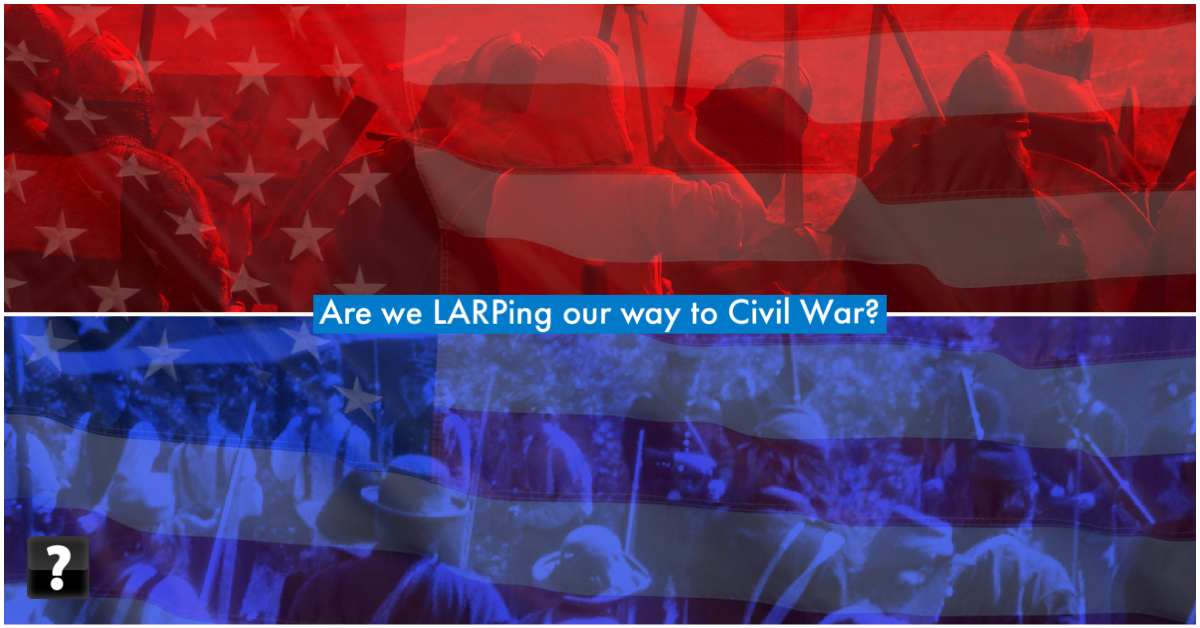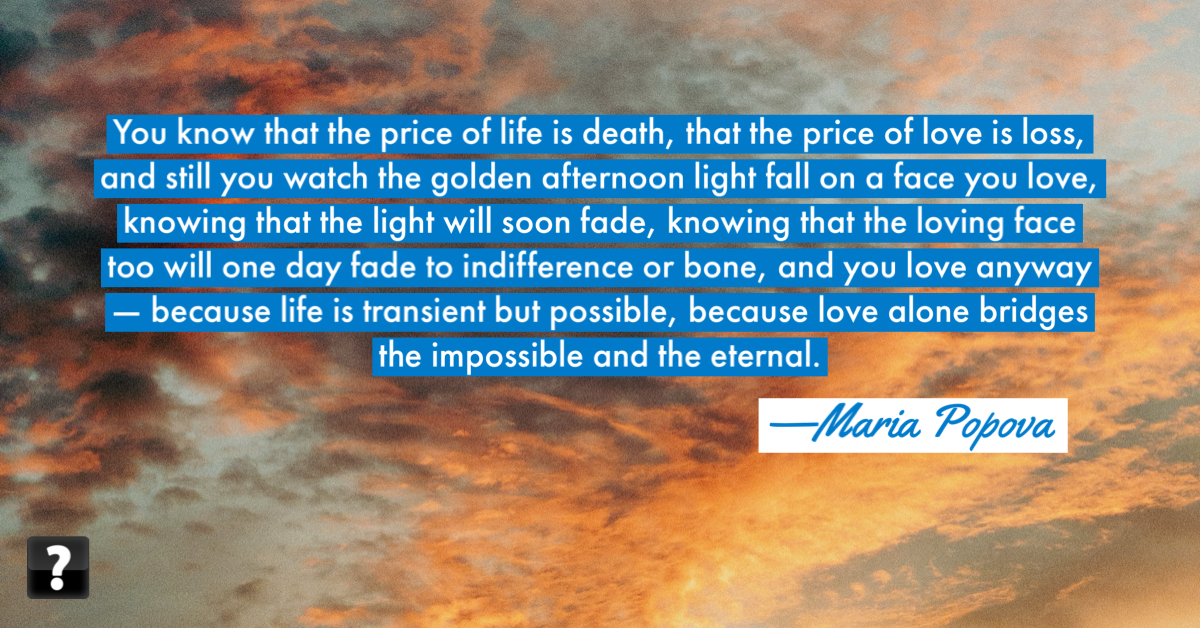- Title
- The Parable of the Sower
- Author
- Octavia E. Butler
- Title
- The Parable of the Talents
- Author
- Octavia E. Butler
The Parable of the Sower and The Parable of the Talents by Octavia E. Butler should be the book of the moment. You should read it now, in 2024, during the presidential election.
The core of the Parable books is a post-apocalyptic America. Staring in 2024 in a time when America’s worst impulses as a society and climate change have together wrecked America. Poverty, drugs and violence are rampant. Wealth buys what there is of security, the police are pay to pay at best and all too often just robbers themselves welding power for themselves in a dog eat dog world. Public education is a thing of the past. And actually slavery and de-facto slavery —debt slavery— in factory towns has returned. Drug addled gangs roam the streets killing and burning at will. Good people are ground up and spit out. The rich and even the middle class build literal walls around their houses and cul-de-sacs to keep out the poor and the violent. People live 19th century lives in the 21st century, bartering, eating what they can grow or scavenge.
Sower follows the teenage years of Lauren Oya Olamina, who starts life in a walled middle class community, if violently thrust out into the wild and eventually come to found a new community —and religion— that aims to help all of humanity with an achievable purpose, not a spiritual salvation but a path to fixing the real world.
Talents continues the story, showing how bad the world can be to those trying to do good and how people can be misguided into doing horrible things… and how power, even and especially power seeped in righteous faith corrupts people or makes them blind to evil done in the name of their righteousness.
I don’t want to give any more of the story of Lauren and the others away. Read the books. But what I wanted to point out is how close the US feels to this post apocalyptic world. It’s 2024 and of course things are not as bad as they are when the book opens in 2024. But the trends are all there. We are too close to this to be comfortable. I’ll let the story stand on it’s own, here are some choice quotes:
The most scary quotes, have to do with the political movement, a right wing Christian group, Christian America, and their leader who’s slogan is:
“Help us to make America great again.”
MAGA, written in 1993, at the dawn of the 1990’s when we looked to a future we thought was bright. The end of communism, the triumph of capitalism and democracy. Somehow Butler knew. She pulled the threads together and predicted it. Like the Simpsons.
“The purpose of Christian America was to make America the great, Christian country that it was supposed to be, to prepare it for a future of strength, stability, and world leadership, and to prepare its people for life everlasting in heaven.”
That, more or less is the summary of the Christian nationalism [wikipedia.org] of Project 2025 [wikipedia.org] and many of the people behind it. Excluding everyone who doesn’t meet their definition of a good Christian according to their particular flavor and interpretation of Christianity.
Jarret’s fanatical followers were the greater danger. During Jarret’s first year in office, the worst of his followers ran amok. Filled with righteous superiority and popular among the many frightened, ordinary citizens who only wanted order and stability,
Before Trump, before the rise of the Gospel of Wealth, before Nazi’s in Charlottesville. Jarret is an interesting stand-in for Trump. Jarret started as a preacher, not a property investor and reality TV star. But in the end he has political supporters and his out-of-control paramilitary hate groups. The Crusaders, like the Proud Boys and their ilk are extremists and domestic terrorists. And it’s all to realistic that the real-world crazies are only one steep away from the fictional crazies reign of terrors and atrocities.
Even some of the less religious ones support him. They say the country needs a strong hand to bring back order, good jobs, honest cops, and free schools. They say he has to be given plenty of time and a free hand so he can put things right again.
I hear some version of this from people I would not expect, rationalizing Trump, or ignoring his authoritarian and fascist tendencies for a variety of reasons. Often they are considering only one issue but when I ask, “why would you ever vote for someone who sounds like Hitler” they don’t seem to understand.
They have no power to improve their lives, but they have the power to make others even more miserable. And the only way to prove to yourself that you have power is to use it.
This ones strikes a fundamental issue in America politics over the last 30 plus years. The fact that politicians have failed many Americans. Focusing on globalization and a view of the economy based on national level KPIs like GDP and unemployment, politicians on both sides have failed so many Americans. Both rural and inner-city have been left behind and neither party has made any real plan to help them. Their anger boiled over, hatred of the “elites” and the “deep state” are rational given how they failed. Trump road the rural anger into the White House in 2016.
I have watched education become more a privilege of the rich than the basic necessity that it must be if civilized society is to survive. I have watched as convenience, profit, and inertia excused greater and more dangerous environmental degradation. I have watched poverty, hunger, and disease become inevitable for more and more people. Overall, the Pox has had the effect of an installment-plan World War III. In fact, there were several small, bloody shooting wars going on around the world during the Pox. These were stupid affairs—wastes of life and treasure. They were fought, ostensibly, to defend against vicious foreign enemies. All too often, they were actually fought because inadequate leaders did not know what else to do. Such leaders knew that they could depend on fear, suspicion, hatred, need, and greed to arouse patriotic support for war.
Most people have given up on politicians. After all, politicians have been promising to return us to the glory, wealth, and order of the twentieth century ever since I can remember.
I have also read that the Pox was caused by accidentally coinciding climatic, economic, and sociological crises. It would be more honest to say that the Pox was caused by our own refusal to deal with obvious problems in those areas. We caused the problems: then we sat and watched
Climate change denial, the pandemic and its economic consequences, and the culture wars seem to fit the bill…
Thirteenth and Fourteenth Amendments—the ones abolishing slavery and guaranteeing citizenship rights—still exist, but they’ve been so weakened by custom, by Congress and the various state legislatures, and by recent Supreme Court decisions that they don’t much matter.
This one hits close to home. The Supreme Court didn’t gut these ones, but they have been on a rampage recently overturning “settled law” and bending over backwards and contorting themselves into knots to justify their immunity ruling.
Jarret insists on being a throwback to some earlier, “simpler” time. Now does not suit him. Religious tolerance does not suit him. The current state of the country does not suit him. He wants to take us all back to some magical time when everyone believed in the same God, worshipped him in the same way, and understood that their safety in the universe depended on completing the same religious rituals and stomping anyone who was different. There was never such a time in this country. But these days when more than half the people in the country can’t read at all, history is just one more vast unknown to them.
The desire for some mythical time when America was “great” and the lack of how limited that greatness was (great for who?) or what it took (high taxes, high government spending). Education hasn’t fallen so far that only 50% are literate but the susceptibility to online misinformation and disinformation seems to affect at least 50%.
Ok. Enough. We’re fucked and somehow she predicted it.
You should read The Parable of the Sower and The Parable of the Talents.
You should read them now, this year. You should read them before the US presidential election. You should read them after the overturning of Roe vs. Wade and after the Supreme Court gutted checks and balances and all but declared the president a king by granting unbelievably broad absolute immunity from criminal prosecution.
Their good books but also scary prophetic. I don’t think I can explain it without spoiling it. It made me think, it made me concerned, in a few places it made me hopeful, but mostly it made me concerned about many things I’m already worried about.





